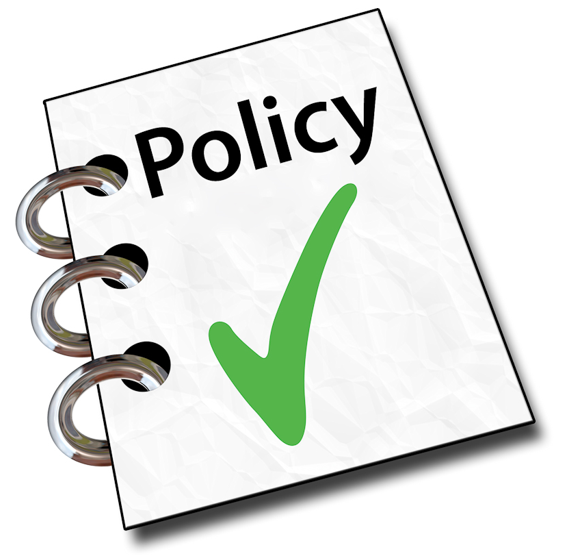Chaperone Policy
Every community pharmacy that has procedures which may involve physical contact with patients, or consultations carried out in confidential consultation areas should consider having a chaperone policy in place for the benefit of both patients and staff.”
A chaperone policy should state that:

- The policy adheres to local and national guidance
- Chaperones are offered to patients, if required, at the time of booking an appointment for a consultation or procedure
- The policy and availability of a chaperone is advertised in the pharmacy for patients to see.
- All staff have been provided with information and are aware of the policy
- Staff that have been asked to act as a chaperone have been fully trained and understand their role and responsibility
- A mechanism is in place to record when a chaperone is used, who the chaperone was as well as when a chaperone is offered and is then declined by the patient
Sample documents and a Numark Chaperone policy can be downloaded from the Numarknet website at the attached link. Chaperone Policy. The document is called Chaperone Policy. In addition, an example policy has been produced by the PSNC and is available in the briefing which can be found in the CPE clinical governance section on their website.
Find out if your pharmacy has a chaperone policy and if not discuss with your pharmacist or pharmacy manager to determine if one is required.
Patients should be made aware if a chaperone policy is in place, preferably at the time of arranging an appointment. This can be done through patient information leaflets, posters, the pharmacy website or by verbal communication from staff.
The advertising should state:
- Why chaperones are available, e.g., to safeguard patients and pharmacy staff
- What a chaperone is and who can be a chaperone
- That all patients are entitled to request a chaperone at any time
- The pharmacist may require a chaperone for certain consultations
- A copy of the chaperone policy is available upon request

